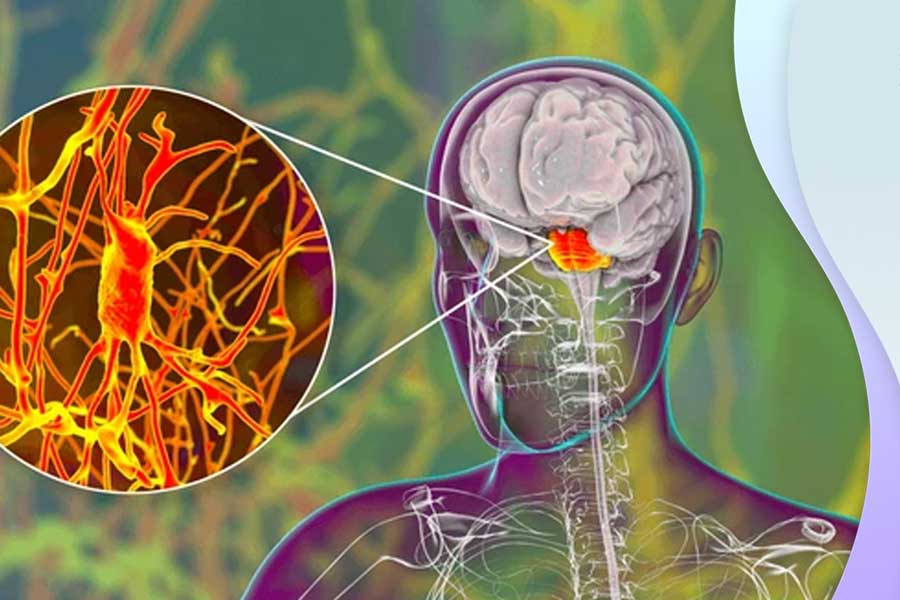
Causes
Myelin sheaths do not develop normally in children with certain rare hereditary diseases, such as Tay-Sachs disease, Niemann-Pick disease, Gaucher disease, and Hurler syndrome. Children with such disorders may have permanent, often extensive, neurologic problems.
The most common of these disorders are-
Myelin sheaths do not develop normally in children with certain rare hereditary diseases, such as Tay-Sachs disease, Niemann-Pick disease, Gaucher disease, and Hurler syndrome. Children with such disorders may have permanent, often extensive, neurologic problems.
Multiple Sclerosis (MS):MS is a chronic autoimmune disease where the immune system mistakenly attacks the myelin sheath in the CNS. This leads to inflammation and scarring, resulting in a variety of symptoms such as -
Neuromyelitis Optica Spectrum Disorder (NMOSD):NMOSD primarily affects the optic nerves and spinal cord, causing severe vision loss and paralysis. It is often misdiagnosed as MS but has distinct pathological features.
Guillain-Barré Syndrome (GBS): GBS is an acute condition where the immune system attacks the myelin in the PNS. It often follows an infection and leads to rapid-onset muscle weakness and paralysis.